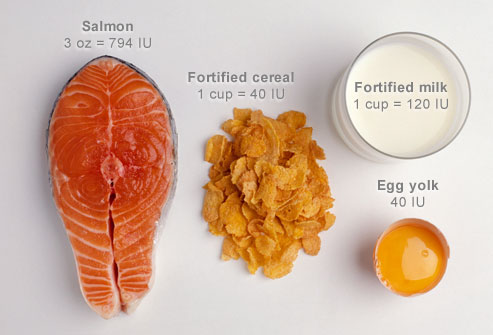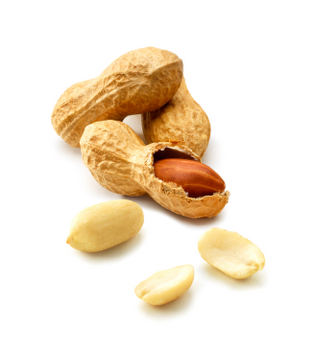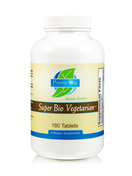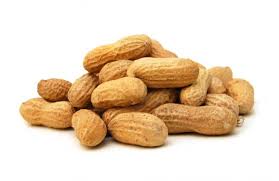During the flu season, we often try to prevent sickness by increasing our intake of Vitamin C. Although Vitamin C is an important supplement for your health, don't forget about Vitamin D.
When it comes to Vitamin D most people are aware of its benefits when it comes to our bones. Milk commercials have been reinforcing this for years. Insufficient levels of Vitamin D can lead to osteoporosis or "bone softening."
Although you're probably familiar with the role of Vitamin D in promoting healthly bones, there are other health benefits you might not be as aware of.
Vitamin D is also linked to helping prevent type 1 diabetes, muscle and bone pain, and a variety of cancers including breast, ovarian, colon, and prostate.
Vitmain D also helps reduce your risk of heart attacks, rheumatoid arthritis, and multiple sclerosis, as well as help regulates your immune system.
Surprisingly few foods contain vitamin D unless it's added to the food.
Your body is built to get vitamin D through your skin (from sunlight) rather than through your mouth (by food), but once your body has enough, it doesn't matter whether you got it through your skin or through your stomach.
There's more to Vitamin D than meets the eye. To help better your chances of staying healthy this flu season, in addition to Vitamin C, be sure to get plenty of Vitamin D, as well.
Although you're probably familiar with the role of Vitamin D in promoting healthly bones, there are other health benefits you might not be as aware of.
Vitamin D is also linked to helping prevent type 1 diabetes, muscle and bone pain, and a variety of cancers including breast, ovarian, colon, and prostate.
Vitmain D also helps reduce your risk of heart attacks, rheumatoid arthritis, and multiple sclerosis, as well as help regulates your immune system.
Surprisingly few foods contain vitamin D unless it's added to the food.
Your body is built to get vitamin D through your skin (from sunlight) rather than through your mouth (by food), but once your body has enough, it doesn't matter whether you got it through your skin or through your stomach.
There's more to Vitamin D than meets the eye. To help better your chances of staying healthy this flu season, in addition to Vitamin C, be sure to get plenty of Vitamin D, as well.
Vitamin D-Rich Foods
There are three vitamin D super foods:
- Salmon (especially wild-caught)
- Mackerel (especially wild-caught; eat up to 12 ounces a week of a variety of fish and shellfish that are low in mercury)
- Mushrooms exposed to ultraviolet light to increase vitamin D
- Halibut
- Cod liver oil (warning: cod liver oil is rich in vitamin A)
- Tuna canned in water
- Sardines canned in oil
- Oysters
- Milk or yogurt -- regardless of whether it's whole, nonfat, or reduced fat -- fortified with vitamin D
- Soy milk
- Beef or calf liver
- Egg yolks
- Cheese






 RSS Feed
RSS Feed






